“It’s the perfect storm”
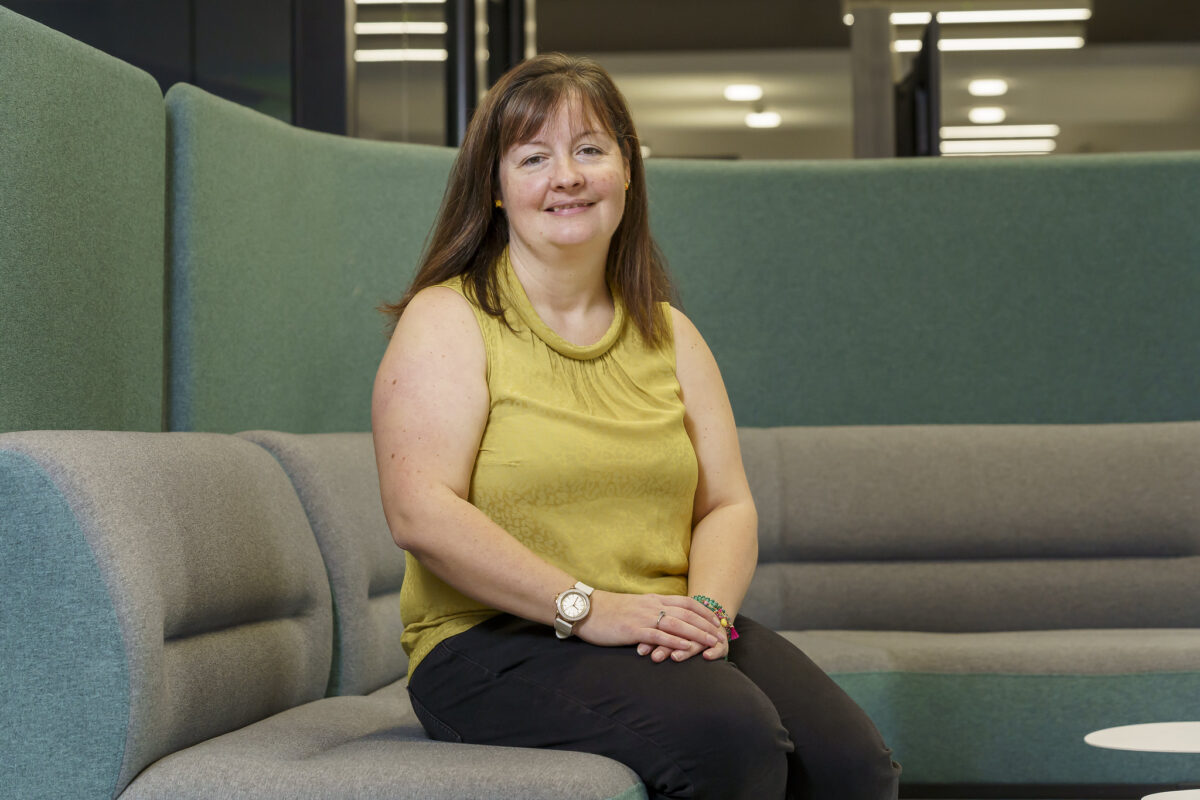
University of Sunderland academic helps design national education package for those providing care to people affected by cancer
An urgent drive to increase the number of specialist cancer care nurses nationally has resulted in a new education programme designed to inspire a pathway into the profession.
Cancer rates are increasing, and as science advances, health services can diagnose, treat, cure and support more patients for a longer time than ever. It is also estimated by 2030 that one in two of us will experience cancer.
However, with many cancer care nurses now approaching retirement, limited cancer education in current pre-registration training programmes, and not all students finding clinical placements within a cancer setting – there has never been a more critical time for the nursing workforce to develop its practitioners to meet the challenges.
The ACCEND programme (Aspirant Cancer Career and Education Development) is aiming to do just this; it’s a bespoke national learning package for cancer nurses from undergraduate level right through to specialist nurse posts, securing the current and future workforce.
The ACCEND partnership includes Health Education England, Macmillan, UKONS (UK Oncology Nursing Society) and a number of Higher Education Institutions, with the aim of creating learning resources for all clinicians with cancer knowledge from novice to expert.
Experienced cancer nurse Fiona Holdsworth, a Senior Lecturer with the Registered Degree Nurse Apprenticeship Team at the University of Sunderland, has been working on one of the ACCEND workstreams – creating the content for the pre-registration nurse and allied health-care professional students.
The programme is now being rolled out nationally to help support all clinicians who want to know more and give compassionate and clear care to patients and their families dealing with a cancer diagnosis.
Fiona explains: “The current cancer workforce isn’t resilient, we’ve got lots of people who are approaching retirement, but we are not recruiting fast enough to the profession.
“Due to the complexity of the work we now do, cancer research and progress in treatment, keeping our workforce up to speed on the science and progress is also a challenge.
“Finally, if we take into consideration the impact of Covid-19 on the NHS, and opportunities for training, we cannot release our staff to be trained in this area because of the ongoing pressures on the workforce, it’s a perfect storm of unavailability, a lack of resilience, a lack of training and the pace of change. ACCEND addresses all these areas with effective succession planning.”
She added: “It’s great to be able to combine my skills and experience in cancer care and education to support clinicians who want to learn, how to care for individuals with cancer and their families, both for the benefit of the service but also with the hope that others will see what a brilliant, varied and challenging nursing vocation cancer care is. I’m grateful to the University for allowing me to commit to this work and proud to represent the institution on this national stage.”
This is a long-term programme, and feedback will be continually monitored on the progress of ACCEND, part of the NHS Long Term Plan.
The programme will offer training in diagnostics, treatment management in areas such as surgery to radiotherapy and pharmacological therapies, the need to understand the impact on the individual, holistic care as well as advanced communication skills.
Professor Laura Stroud, Pro Vice-Chancellor and Dean of Health Sciences and Wellbeing, said:
“The Faculty is extremely fortunate in having such a dedicated nurse in the Academy. Her commitment and vocation is a shining example to our students and we are proud to work with her.
“It is a privilege to have opportunity to develop and influence national programmes such as ACCEND that will inspire the next generation to embark on rewarding careers in nursing and healthcare.”
The work of Fiona and her team has now been published in the British Journal of Nursing.
For more information about the ACCEND programme, click here.



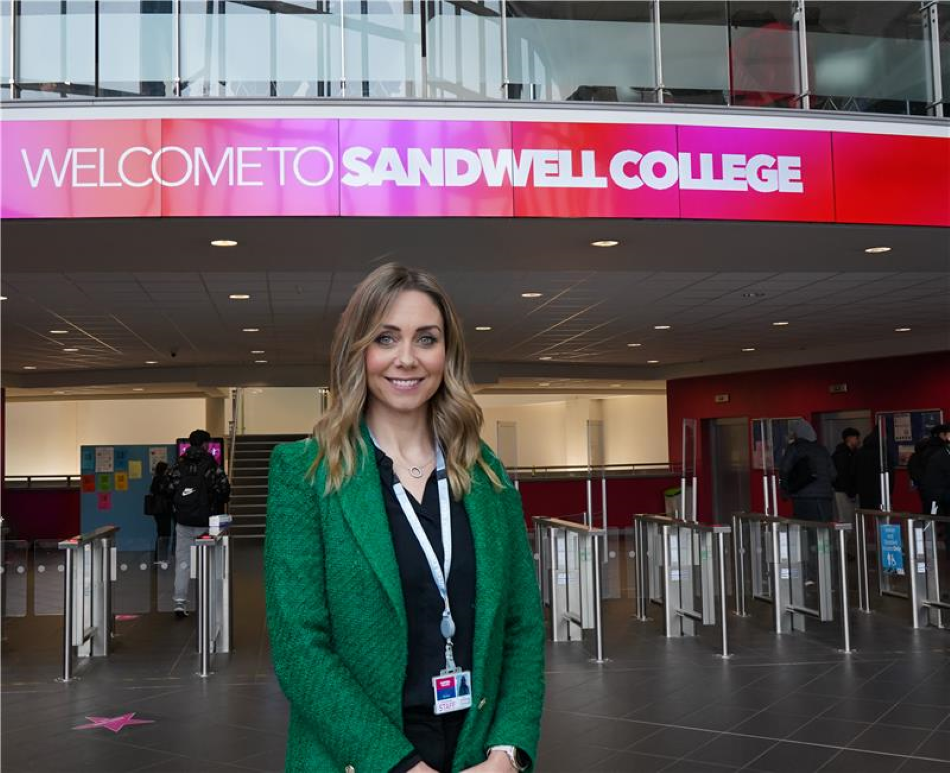


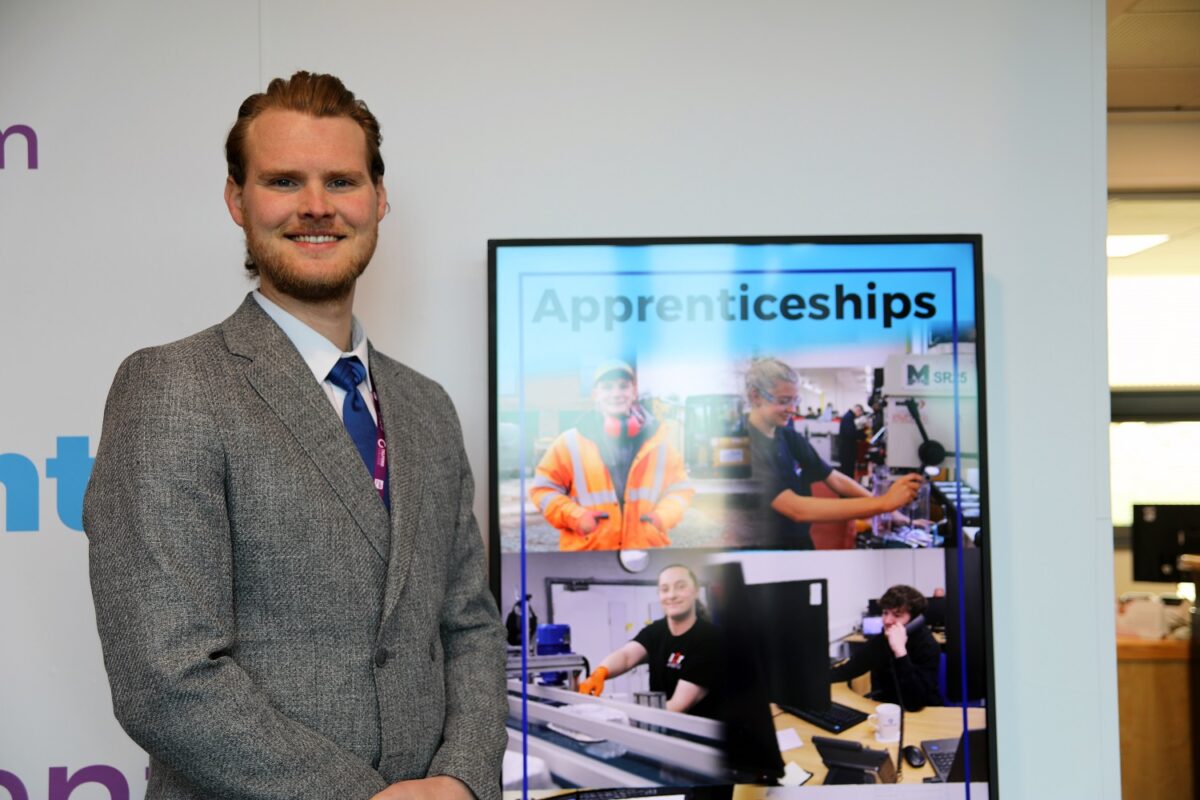
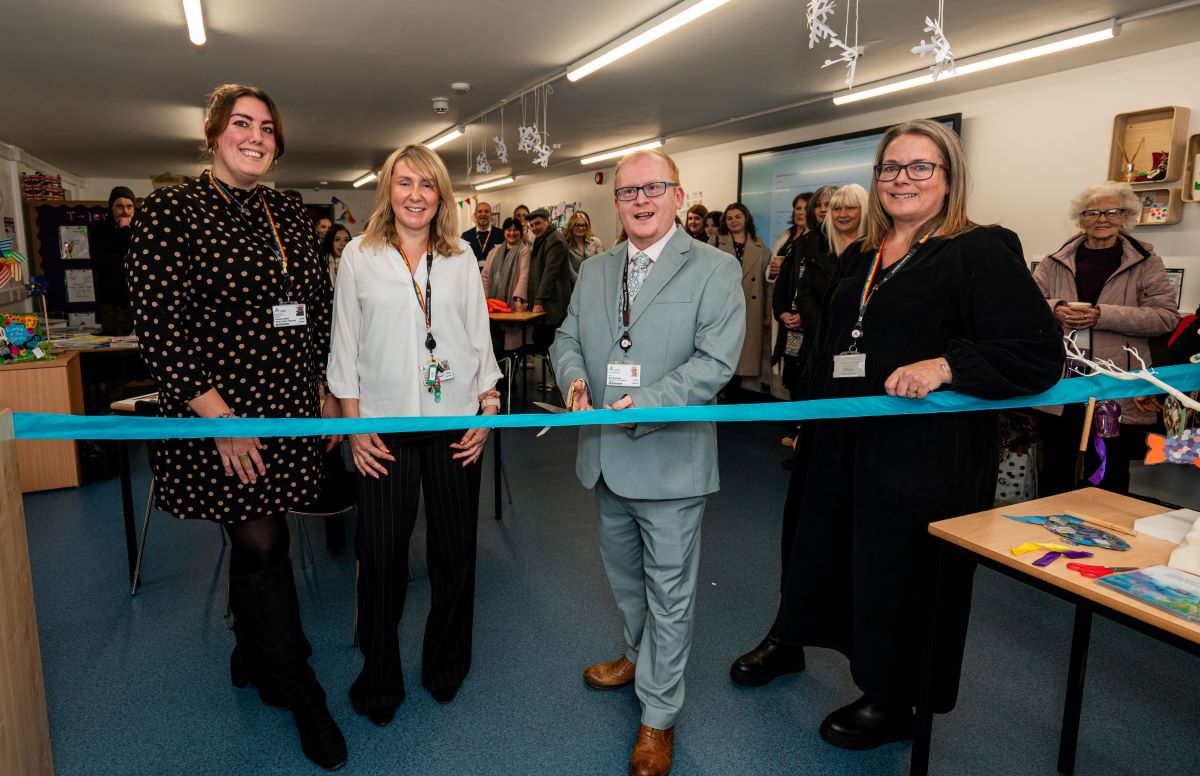


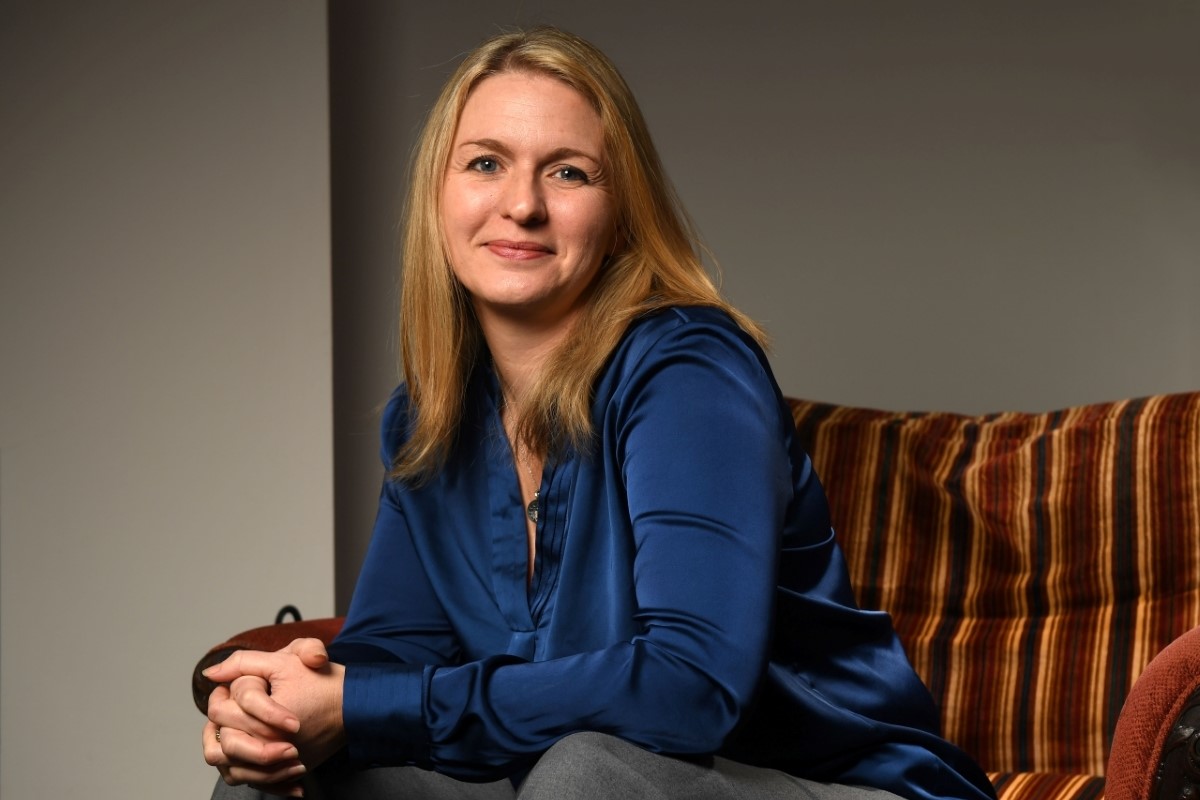
Responses